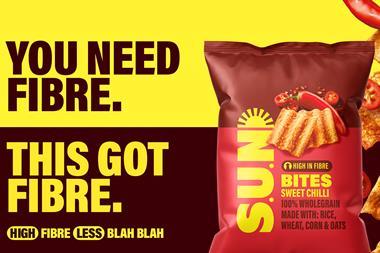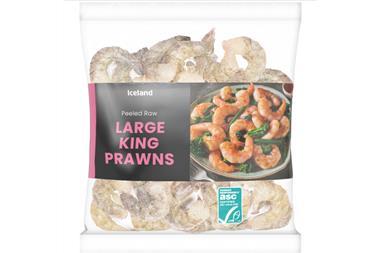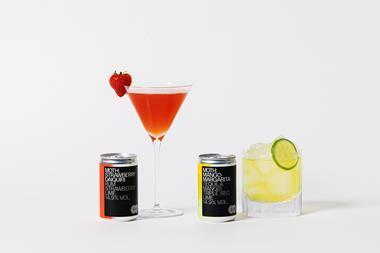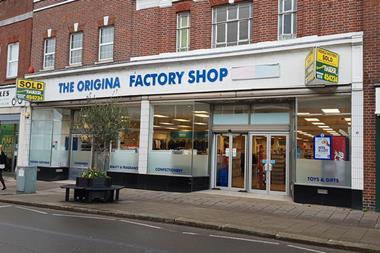
Barry Callebaut has unveiled a new type of chocolate, containing 50% less sugar than standard bars.
Hailed as a “second generation” of chocolate, it has launched with three flavours – Dark, Milk (Cocoa), and Milk (Milky).
The Dark chocolate contains a minimum of 75% cocoa, to which only sugar is added. Both Milk varieties contain a minimum of 55% cocoa with milk and sugar.
It is claimed to be the result of more two decades’ research, with a long-term collaboration with Jacobs University Bremen, Germany dating as far back as 2000.
“Advanced detection technologies, combined with new sensory methods, enable the identification of unique characteristics in the cocoa beans”, said Barry Callebaut.
Barry Callebaut senior R&D advisor Gabi Klopp said the cocoa beans had been fermented and roasted “in a specific way so that you get a consistently mild and balanced chocolate taste”.
“Balancing out the right temperature, time and moisture, this new roasting technique preserves already existing aroma compounds, like the floral notes, or the nice fruity notes. It strips off acidic compounds and it eliminates the development of any roasted and bitter notes.
“But on top of that, it also generates the new aroma compounds that you want to have”, said Klopp, citing the smoothness and creaminess of the innovation.
Barry Callebaut CEO Peter Boone said: “The second generation of chocolate addresses perfectly the changing consumer preferences and consumers’ desire to indulge more mindfully.
“It will inspire and support brands and artisans to craft their next-generation chocolate creations and is testament to our leadership in shaping the future of chocolate indulgence.”
It comes after the chocolate giant halted output at from its factory in Belgium over summer after finding salmonella in a batch of products.
The scare affected supply to a number of European customers as clean-up efforts held up production.
Global VP Bas Smit, however, told The Grocer all factory lines were “running at full speed” again by the end of October.



















No comments yet